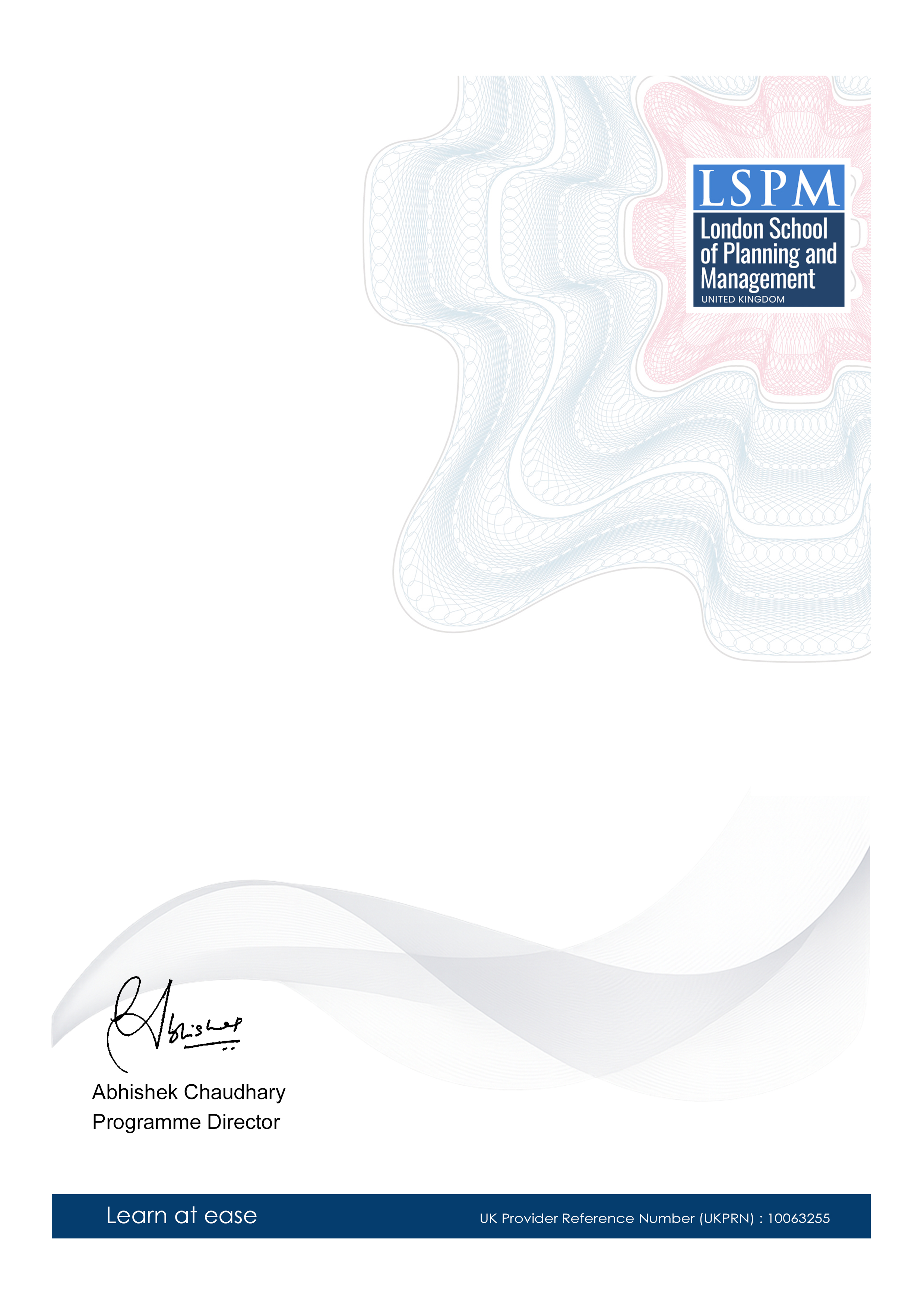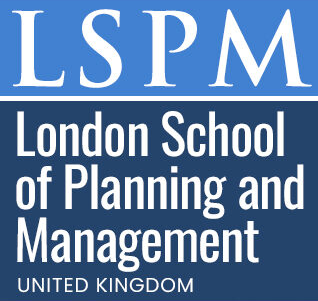Certificate Programme in Humanitarian Leadership in Conflict Zones
-- viewing nowThe Certificate Programme in Humanitarian Leadership in Conflict Zones is designed for individuals seeking to develop the skills and knowledge necessary to effectively lead humanitarian efforts in challenging environments. The programme focuses on building leadership competencies, understanding complex humanitarian contexts, and developing strategies for effective response.
5,665+
Students enrolled
GBP £ 149
GBP £ 215
Save 44% with our special offer
About this course
100% online
Learn from anywhere
Shareable certificate
Add to your LinkedIn profile
2 months to complete
at 2-3 hours a week
Start anytime
No waiting period
Course details
Career path
Certificate Programme in Humanitarian Leadership in Conflict Zones
The Certificate Programme in Humanitarian Leadership in Conflict Zones is a comprehensive course designed to equip individuals with the necessary skills and knowledge to navigate complex humanitarian situations in conflict zones. The programme covers topics such as crisis management, negotiation, communication, and cultural sensitivity, among others. Graduates of this programme are well-positioned to pursue careers in various humanitarian organizations, including the United Nations, Red Cross, and international NGOs.
Career Roles
Here are some of the career roles that graduates of the Certificate Programme in Humanitarian Leadership in Conflict Zones can pursue:
- Humanitarian Coordinator: Responsible for overseeing the implementation of humanitarian programmes in conflict zones. They ensure that aid is delivered efficiently and effectively, and that it meets the needs of affected populations.
- Emergency Response Manager: Oversees the response to emergency situations in conflict zones, including the coordination of relief efforts, assessment of needs, and implementation of appropriate interventions.
- Crisis Communications Specialist: Responsible for developing and implementing communication strategies during humanitarian crises in conflict zones. They ensure that accurate and timely information is disseminated to affected populations, donors, and other stakeholders.
- Conflict Analysis Specialist: Analyzes the root causes of conflicts in conflict zones and provides recommendations for conflict resolution and peacebuilding initiatives.
- Monitoring and Evaluation Specialist: Ensures that humanitarian programmes in conflict zones are effectively monitored and evaluated to ensure they are meeting their intended objectives and making a positive impact on affected populations.
Job Market Trends and Salary Ranges
The job market for professionals with expertise in humanitarian leadership in conflict zones is growing rapidly, driven by increasing global instability and the need for effective humanitarian responses. According to a recent report by the International Rescue Committee, the demand for humanitarian workers is expected to increase by 50% by 2025. Salaries for these roles vary depending on the organization, location, and level of experience, but can range from £30,000 to £80,000 per year.
Entry requirements
- Basic understanding of the subject matter
- Proficiency in English language
- Computer and internet access
- Basic computer skills
- Dedication to complete the course
No prior formal qualifications required. Course designed for accessibility.
Course status
This course provides practical knowledge and skills for professional development. It is:
- Not accredited by a recognized body
- Not regulated by an authorized institution
- Complementary to formal qualifications
You'll receive a certificate of completion upon successfully finishing the course.
Why people choose us for their career
Loading reviews...
Frequently Asked Questions
Course fee
- 3-4 hours per week
- Early certificate delivery
- Open enrollment - start anytime
- 2-3 hours per week
- Regular certificate delivery
- Open enrollment - start anytime
- Full course access
- Digital certificate
- Course materials
Get course information
Earn a career certificate

